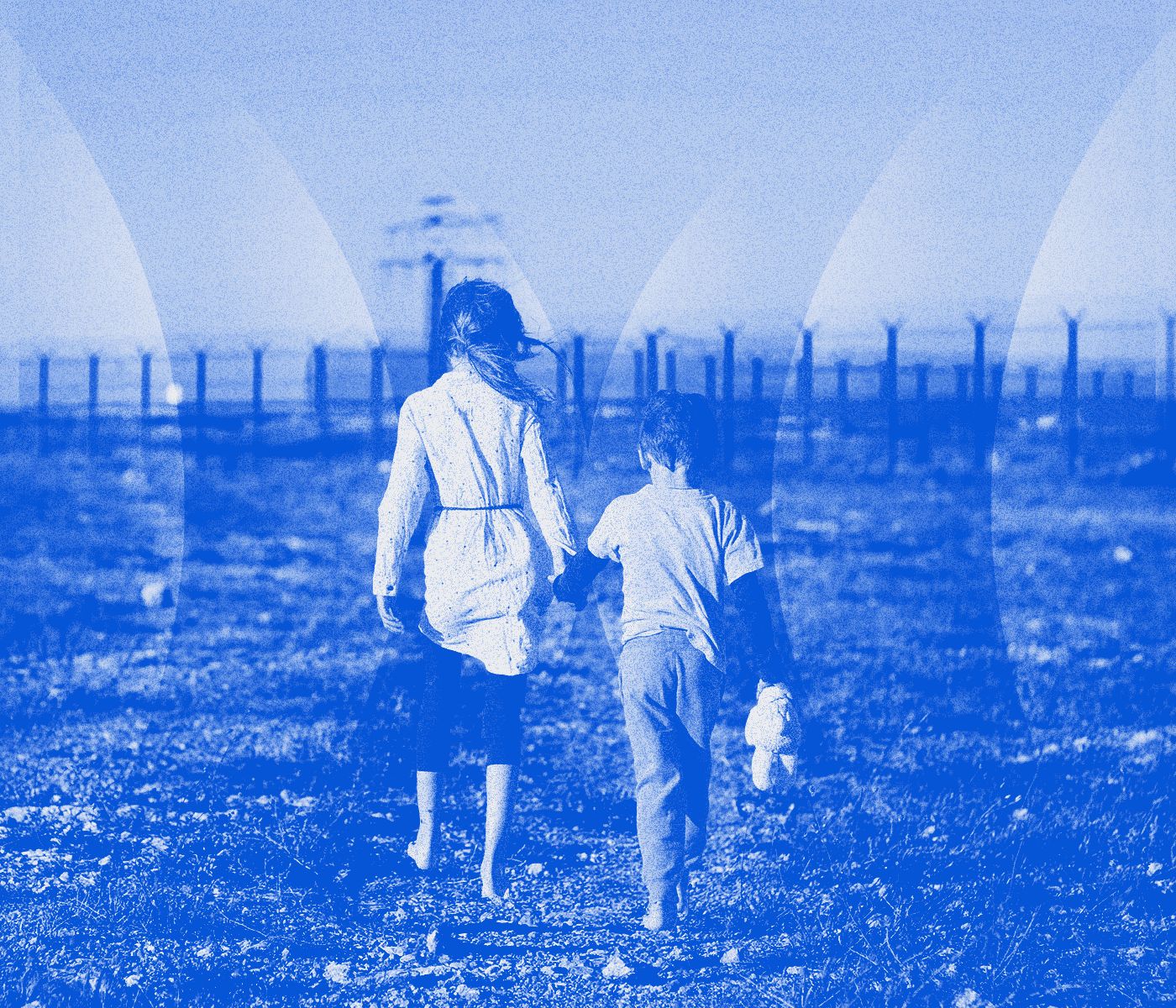
Deep Dive
Shownotes Transcript
While scouring the Sonoran Desert for objects left behind by migrants crossing into the United States, anthropologist Jason De León happened upon something he didn't expect to get left behind: a human arm, stripped of flesh.
This macabre discovery sent him reeling, needing to know what exactly happened to the body, and how many migrants die that way in the wilderness. In researching border-crosser deaths in the Arizona desert, he noticed something surprising. Sometime in the late-1990s, the number of migrant deaths shot up dramatically and have stayed high since. Jason traced this increase to a Border Patrol policy still in effect, called “Prevention Through Deterrence.”
In a series first aired back in 2018, over three episodes, Radiolab investigates this policy, its surprising origins, and the people whose lives were changed forever because of it.Part 1: Hole in the FenceWe begin one afternoon in May 1992, when a student named Albert stumbled in late for history class at Bowie High School in El Paso, Texas. His excuse: Border Patrol. Soon more stories of students getting stopped and harassed by Border Patrol started pouring in. So begins the unlikely story of how a handful of Mexican-American high schoolers in one of the poorest neighborhoods in the country stood up to what is today the country’s largest federal law enforcement agency. They had no way of knowing at the time, but what would follow was a chain of events that would drastically change the US-Mexico border.
Special thanks to Centro de Salud Familiar La Fe, Estela Reyes López, Barbara Hines, Lynn M. Morgan, Mallory Falk, Francesca Begos and Nancy Wiese from Hachette Book Group, Professor Michael Olivas at the University of Houston Law Center, and Josiah McC. Heyman at the Center for Interamerican and Border Studies.
EPISODE CREDITS:
Reported by - Latif Nasser, Tracie HunteProduced by - Matt Kieltywith help from - Bethel Habte, Tracie Hunte, Latif NasserCITATIONSBooksJason De Léon’s book The Land of Open Graves here) (https://zpr.io/vZbTarDzGQWK))
Timothy Dunn’s book Blockading the Border and Human Rights here) (https://zpr.io/VTPWNJPusaCn))
Our newsletter comes out every Wednesday. It includes short essays, recommendations, and details about other ways to interact with the show. Sign up) (https://radiolab.org/newsletter)!
Radiolab is supported by listeners like you. Support Radiolab by becoming a member of The Lab) (https://members.radiolab.org/) today.
Follow our show on Instagram), Twitter) and Facebook) @radiolab, and share your thoughts with us by emailing [email protected]).
Leadership support for Radiolab’s science programming is provided by the Gordon and Betty Moore Foundation, Science Sandbox, a Simons Foundation Initiative, and the John Templeton Foundation. Foundational support for Radiolab was provided by the Alfred P. Sloan Foundation.
